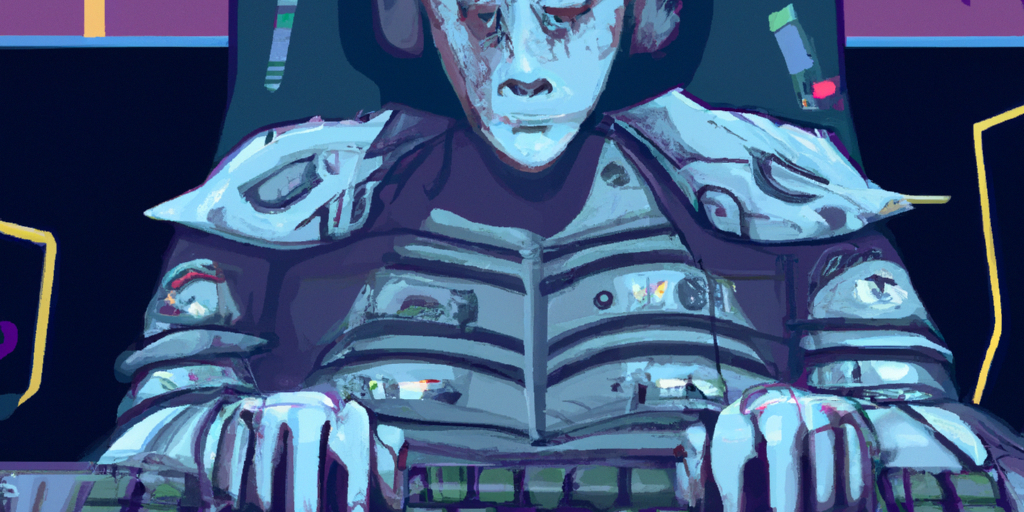The dark web is often associated with illegal activities and criminal behavior, but it is important to understand that the dark web itself is not inherently evil. The dark web is simply a part of the internet that is not indexed by search engines and requires special software or configurations to access. It is a decentralised network of websites and services that are not accessible through traditional web browsers.
While it is true that the dark web has been used for illegal activities, such as the sale of drugs, firearms, and stolen personal information, it is important to note that the majority of users and websites on the dark web are not engaged in criminal activity. In fact, many people use the dark web for legitimate purposes, such as protecting their privacy, accessing information that is not available on the regular internet, and communicating with others who share their interests.
One of the primary benefits of the dark web is its anonymity. While anonymity can be used for nefarious purposes, it can also be used to protect whistleblowers, political dissidents, and journalists who may face persecution in their home countries. The dark web also provides a platform for people to share information and ideas without fear of censorship or surveillance.
It is important to recognise that illegal activity occurs on the regular internet as well, and it is not fair to demonise the entire dark web-based on the actions of a small minority of its users. In fact, many law enforcement agencies have recognised the value of the dark web in their investigations and have developed strategies for monitoring and apprehending criminals who use the dark web for illegal activities.
While the dark web has a reputation for being a hub of criminal activity, it is important to recognise that it is not inherently evil – it is not the bogeyman that it is often portrayed to be. Like any tool, it can be used for good or bad purposes, and it is up to the users to determine how they use it. By demonising the entire dark web, we risk overlooking the legitimate uses and benefits that it provides to many people around the world.
First dropped: | Last modified: March 23, 2023
Error: Invalid modelName in client config.
